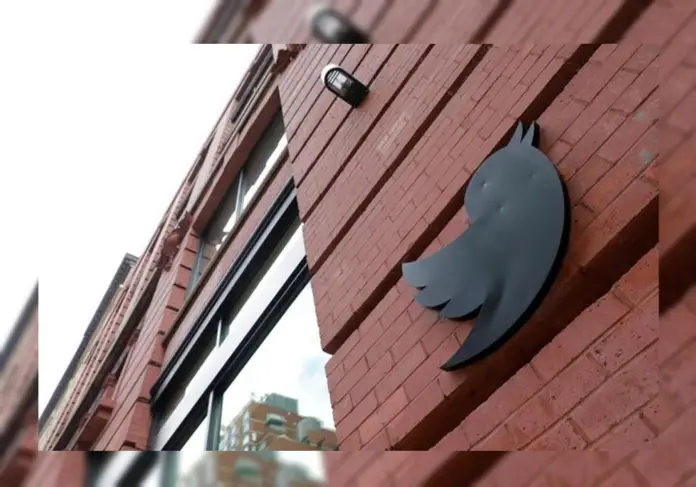Our most claimed right of freedom of expression remained unleashed in the last couple of weeks, which in a way acted as a pressure release valve and in others sharpened the rift and political polarization. Mainstream electronic media remained enchained being under a regulated regime, however social media stole the show for activists and followers. All orthodox campaigning on the media went spiraling into the enormous whirlpool created by Twitter, Facebook and YouTube channels. And within these social media platforms, Twitter rose as the ‘man of the series’ setting new records of usages, trends and their followings. The trend against the sitting government crossed new records amidst claims refuting its credibility.
Conceived by Jack Dorsey in 2006 and referred as to “twttr”; the micro messaging service was first imagined to be SMS-based. It took its first breath via the tweet by Jack on 21 March 2006 at 9:50pm stating “just setting up my twttr.” As things took off and the platform gained steam, the tweeting community came to be known as ‘twitterati,’ developing and invoking new jargons on the way. The more known character of ‘@’ being part of the twitter account IDs, gave way to ‘#’ for replying.
Coming back to spate of unwritten and untold bars and content moderation, efforts through board formulations, giving out community guidelines for expression and information content on social media accounts for the attempts to regulate the same were made in recent years. Many user accounts from Twitter also got suspended. This has been a trend for quite a while now.
Whereas I feel that one has to be responsible in exercising the right to express, Elon Musk thinks otherwise. A South African by birth and an American by adoption, an entrepreneur, cofounding electronic payment firm PayPal, a major funder for electronic vehicle company Tesla, has remained critical of Twitter’s commitment to principles of free speech. Nevertheless, this early April he bought over Twitter for $44 Billion and is its now sole owner.
What is important to understand is that why Elon Musk invested this staggering amount in Twitter. The answer is evident from his explanation he gave out in his filing for the company, stating that he believes “in the potential to be the platform for free speech around the globe, and that free speech is a societal imperative for a functioning democracy”. This poses serious implications for weaker economies, fragile democracies and intolerant societies like ours’.
In addition to the profit Elon Musk shall be making, such a big opinion making platform being single handedly owned by one person has sent in ripples internationally. Let us take a brief account what this development can have in store for security states like Pakistan and authoritarian regimes elsewhere in the Muslim world.
Foremost is the fact that main stream electronic media’s news networks are fast losing their viewership in not only in Pakistan, but globally. More and more people are using social media to stay updated and express their opinions without much ado. With a watchdog like PEMRA on the prowl, the news content somehow and somewhat can be controlled by media houses here. They are likely to lose this control with more and more people subscribing to Twitter. What options our governments are left with to counter the same. Blocking of Twitter or disruption of internet services in the country, in a worst case scenario can still be resorted to, but then Elon Musk has a global solution to this local problem, as well.
In such a case, Elon Musk’s company Star Link, the satellite internet provider can jump into action, thus rendering the governments ineffective to block ISPs. This trend can now seep into other social media platforms too and thus presenting a unified social front to the governments here and abroad. The banned or suspended twitter accounts of celebrities, religious and political figures all over the world and in Pakistan, citing security risks or in the name of maintenance of public order, can be restored.
Our government is already, and in coming years is, more likely to face a barrage of alternate ideologies and opinions. Dissidents in the society are likely to have a field day, activists will be gaining enormous opinion making and shaking powers. Difference of opinion when expressed on religious issues can fan strife and discord.
Islamophobia and blasphemy can become bigger monsters internationally with severe fallouts on us as a Muslim society. Markets can surge or crash through this free unhindered speech on Twitter. More and more questions will be asked to institutions, openly. All this and more are just the few of the challenges which will be posed. But that doesn’t mean there is no silver lining to it.
Yes, there is, but more, for the developed world and as I keep referring, for responsible societies, in shape of collective action for betterment of their marginalized segments, than ours,’ which is intolerant, morally subverted due to various reasons and with a ruptured social fabric. The need of the hour for our government is to deliberate and develop a national action plan how to harness the unleashing potential of social media in general and Twitter in particular. Otherwise the Twitter jitter is here to haunt.






